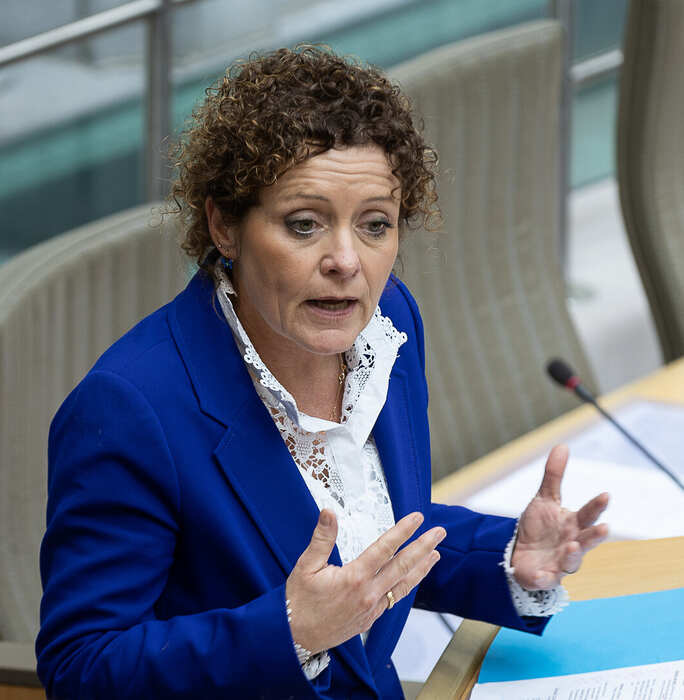
Road signs in Flanders cause row over language legislation

Flemish Mobility Minister Lydia Peeters (Open Vld) reprimanded her own administration after it placed French-language city names on four Flemish road signs against the language law /lydiapeeters.be
Flemish Minister of Mobility and Public Works Lydia Peeters (Open Vld) blows the whistle on her administration over the use of road signs th


Comments
Ready to join the conversation?
You must be an active subscriber to leave a comment.
Subscribe Today